It is normal for swelling to occur day by day on the 8th day of liposuction, which is a common phenomenon in the postoperative recovery period. However, close attention should be paid to the degree of swelling and accompanying symptoms. Swelling after liposuction is usually caused by trauma reactions, lymphatic fluid accumulation, and inflammatory reactions. In most cases, it gradually subsides over time, but if accompanied by increased pain, fever, or skin abnormalities, timely medical attention is needed.
1. Traumatic reactions: Liposuction surgery can cause certain damage to subcutaneous tissue, leading to local blood vessel rupture and fluid leakage, resulting in swelling. Early postoperative swelling may be more pronounced, especially in areas with more movement. It is recommended to rest after surgery, avoid vigorous exercise, and use elastic bandages or pressure clothing appropriately to help reduce swelling.
2. Accumulation of lymphatic fluid: After liposuction, the lymphatic system may be temporarily limited in function due to trauma, leading to the accumulation of lymphatic fluid in the surgical area and causing swelling. After surgery, gentle lymphatic drainage massage can be used to promote lymphatic circulation, but it should be done under the guidance of a doctor to avoid excessive pressure.
3. Inflammatory response: Surgical trauma can trigger local inflammatory reactions, leading to redness, swelling, and fever. This is a part of the body's self repair, which usually gradually subsides within 1-2 weeks after surgery. Doctors may prescribe anti-inflammatory drugs or recommend cold compresses to alleviate symptoms.
4. Abnormal situation: If swelling is accompanied by severe pain, skin redness, fever, or hard lumps, it may be a sign of infection or hematoma, and immediate medical attention is needed. Doctors may perform ultrasound or blood tests, and if necessary, use antibiotics or perform drainage procedures.
5. Recovery advice: After surgery, follow the doctor's guidance, keep the wound clean, and avoid infection. Eat more foods rich in protein and vitamins, such as eggs, fish, and fresh vegetables, to promote tissue repair. Moderate activity helps with blood circulation, but excessive fatigue should be avoided. Swelling after liposuction is a normal phenomenon during the recovery period, but close attention should be paid to changes in symptoms. If the swelling continues to worsen or is accompanied by abnormal symptoms, seek medical attention promptly to check for complications. Through proper care and recovery measures, most patients can return to a normal state within a few weeks. The postoperative recovery period requires patience and adherence to ensure safety and effectiveness.

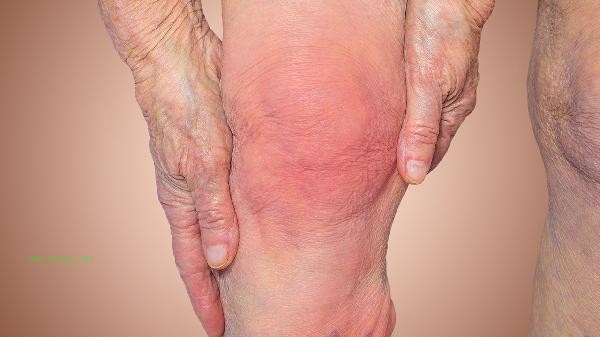
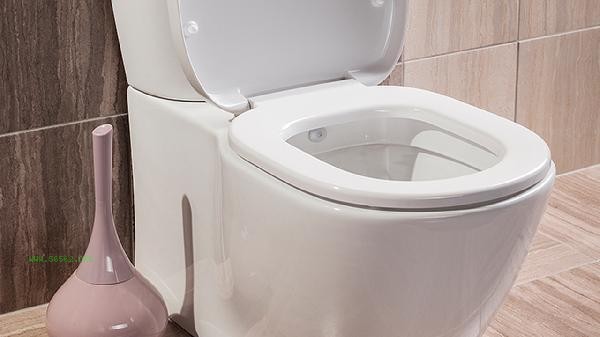
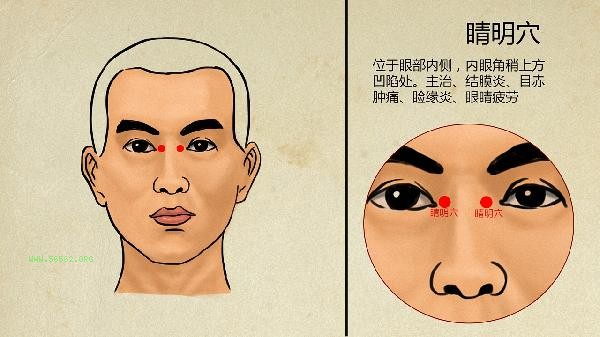
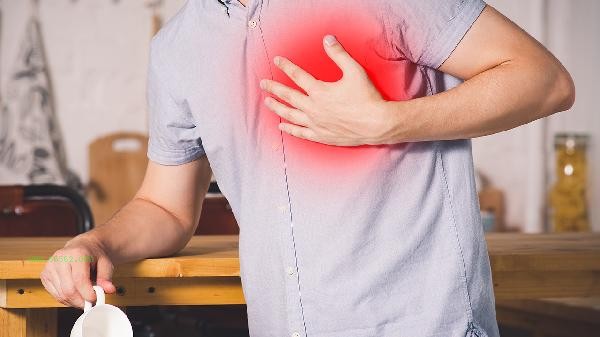
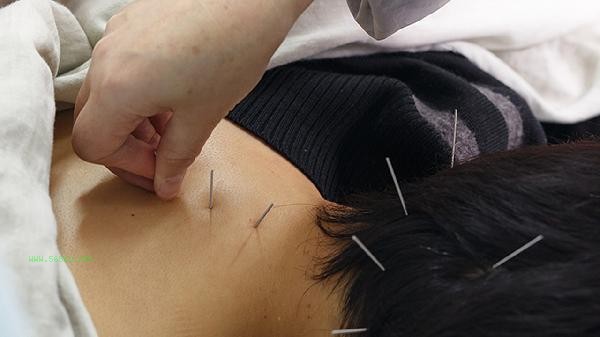



Comments (0)
Leave a Comment
No comments yet
Be the first to share your thoughts!